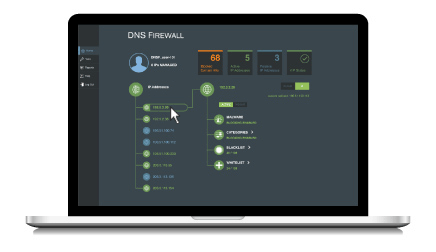A few weeks ago, on Oct. 1, 2016, Verisign successfully doubled the size of the cryptographic key that generates Domain Name System Security Extensions (DNSSEC) signatures for the internet’s DNS root zone. With this change, root zone Domain Name System (DNS) responses can be fully validated using 2048-bit RSA keys. This project involved work by numerous people within Verisign, as well as collaborations with the Internet Corporation for Assigned Names and Numbers (ICANN), Internet Assigned Numbers Authority (IANA) and National Telecommunications and Information Administration (NTIA).
As I mentioned in my previous blog post, the root zone originally used a 1024-bit RSA key for zone signing. In recent years the internet community transitioned away from keys of this size for SSL and there has been pressure to also move away from 1024-bit RSA keys for DNSSEC. Internally, we began discussing the root Zone Signing Key (ZSK) length increase in 2014. However, another important root zone change was looming on the horizon: changing the Key Signing Key (KSK).
(more…)







 Verisign is pleased to announce that we qualified for the
Verisign is pleased to announce that we qualified for the 



